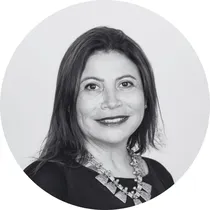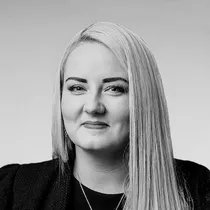Different generations in the job market and organizational culture
Baby boomers (born between 1946 and 1964): This generation is known for its commitment and loyalty to organizations. They tend to value job stability and appreciate clear hierarchical structures. They are a valuable source of experience and knowledge, often holding leadership positions.
Generation X (born between 1965 and 1980): Members of Generation X are characterized by their pragmatism and desire to balance personal and professional life. They are independent, adaptable and often pioneers in adopting technology. They value autonomy and the opportunity to learn and grow continuously.
Millennials (born between 1981 and 1996): Also known as Generation Y, Millennials are technology-oriented, with exceptional digital skills. They value flexibility at work, company purpose and diversity. They are willing to change jobs to achieve professional and personal growth.
Generation Z (born from the mid-1990s to the early 2010s): Generation Z is the youngest in the job market and is highly digitally connected. They are creative, entrepreneurial and eager to make a difference. They value diversity and expect transparent and authentic communication from organizations.







